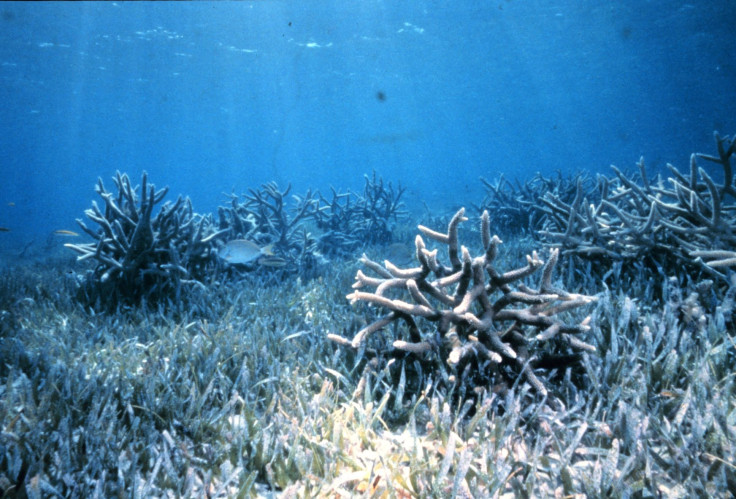Florida's Coral Reefs Are Dying But It's Not Global Warming That Is Killing Them
Coral reefs are one of the most diverse ecosystems on Earth. But due to pollution, global warming and climate change, coral reefs are dying across the world.
To find out exactly what is killing the coral reefs, scientists went through unique data collected over a period of 30 years (1984 to 2014) from Looe Key Reef in the Lower Florida Keys.
Now, researchers have discovered that besides the problem of coral bleaching, the planet is being simultaneously enriched with reactive nitrogen from multiple sources. This reactive nitrogen is due to improperly treated sewage, fertilizers and top soil. And this is causing phosphorus starvation in the coral, reducing their temperature threshold for bleaching.
Brian Lapointe, a senior author of this latest study said their results provide compelling evidence that nitrogen loading from the Florida Keys and greater Everglades ecosystem caused by humans, and not warming temperatures, is the primary cause of coral reef degradation at Looe Key Sanctuary Preservation Area.
Lapointe said the key finding of the study is that land-based nutrient runoff has increased the nitrogen phosphorus ratio (N:P) in algae. This indicates an increasing degree of phosphorus limitation known to cause metabolic stress and eventually starvation in corals.
“Concentrations of reactive nitrogen are above critical ecosystem threshold levels previously established for the Florida Keys as are phytoplankton levels for offshore reefs as evidenced by the presence of macroalgae and other harmful algal booms due to excessive levels of nutrients,” Lapointe said.
The research team monitored the living coral and collected abundant species of seaweed for tissue nutrient analysis. According to Science Daily, the team also monitored seawater salinity, temperature and nutrient gradients between the Everglades and Looe Key.
Lapointe said that data showed that living coral cover at Looe Key Sanctuary Preservation Area declined from nearly 33 per cent in 1984 to less than 6 per cent in 2008.

“The annual rate of coral loss varied during the study, but increased from 1985 to 1987, and 1996 to 1999, following periods of heavy rainfall and increased water deliveries from the Everglades,” he explained. “Between 1991 to 1995, significant increases in Everglades runoff and heavy rainfall resulted in increases of reactive nitrogen and phytoplankton levels at Looe Key above levels known to stress and cause die-off of coral reefs,” Lapointe said.
Moreover, the research team pointed out that nitrogen loading to the coast will increase by 19 % globally, due to changes in rainfall which is attributed to climate change. And this calls for urgent management actions to prevent further degradation.
© Copyright IBTimes 2024. All rights reserved.





















